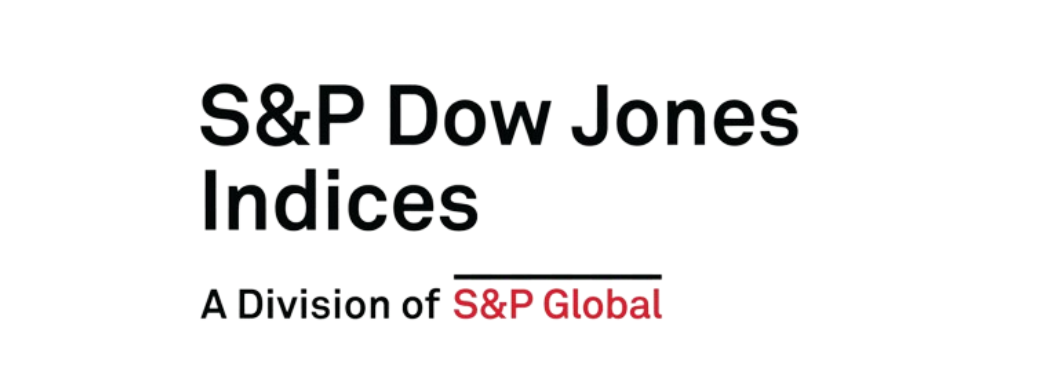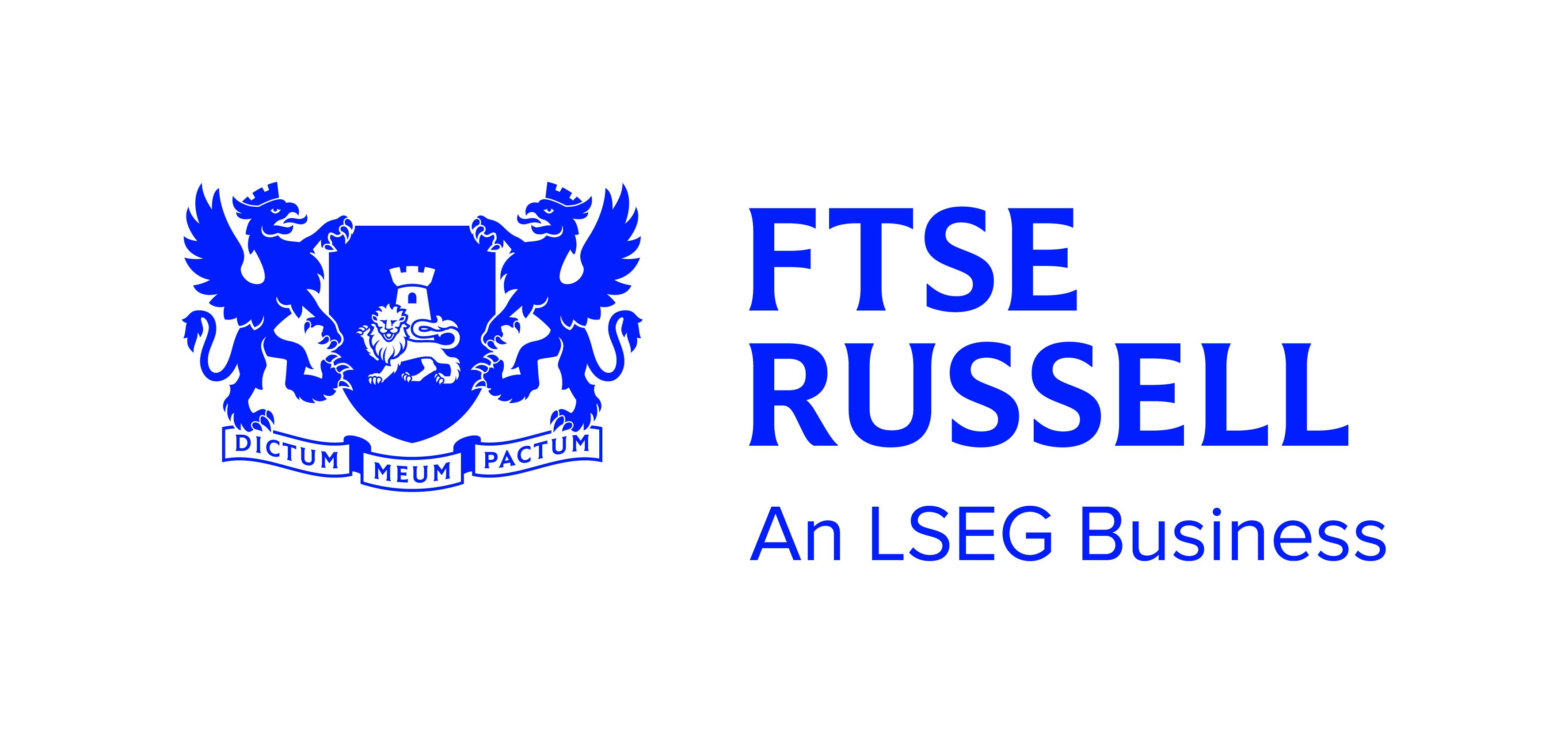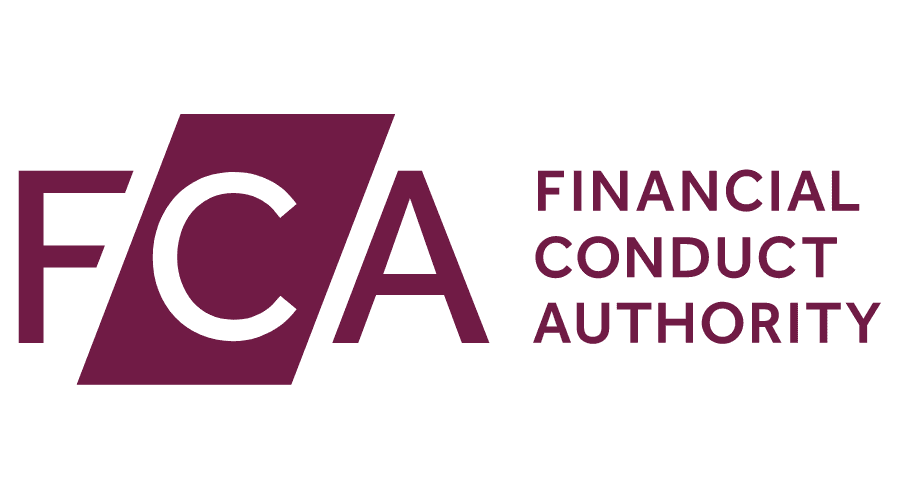The Financial Conduct Authority (FCA) is set to launch an investigation into benchmark providers after finding limited competition in wholesale data is creating higher costs for end investors.
In a call for input, market participants told the UK regulator the lack of competition in the market for indices, credit ratings and trading data may be seeing affecting their investment choices and seeing increased costs passed on.
Responding to this feedback, the FCA will launch an initial market study this summer to review claims the complexity of contracts for benchmarks makes it difficult for asset managers, banks and clearing houses to seek out cheaper and better-quality alternatives.
By the end of 2022, it plans to launch a second study to gauge whether high charges for accessing credit ratings data are creating additional costs for investors and preventing new entrants from joining the market.
The regulator added it is starting to gather information on competition within wholesale trading data – including how many financial instruments are being traded, what participants are willing to pay for them and the price trades are executed at – amid concerns limited competition puts upward pressure on costs and constrains the types of asset bought and sold by investment managers.
The FCA argued access to wholesale data allows market participants to identify and evaluate investment opportunities, with a lack of competition potentially affecting the quality of wholesale data and increasing costs for pension savers.
Commenting on the announcement, Sheldon Mills, executive director, consumers and competition at the FCA, said: “Access to wholesale data is really important for those who want to make investment decisions. Without it, they lack the information they need to make properly informed choices.
“Our call for input and planned market studies are intended to ensure that competition is working well, that information is available to market participants that want it, and that innovation is keeping up with market developments.”
Responding to the UK financial watchdog’s decision, Alex Matturri, former CEO of S&P Dow Jones Indices, said: “This is big news for the index industry especially coming from the FCA. Index pricing for both data and intellectual property (IP) has always been much more competitive than people may realise but in the EU 27, and apparently now in the UK, there has always been a feeling that this is a ‘public good’ and index providers that have spent years developing and supporting their IP should not be compensated in the free market for their efforts.
“European asset managers have been raising this argument for years but in the scheme of managing money, licensing and data costs are a relatively small portion of the expense structure and managers are free to switch benchmarks if they so choose,” Matturi added. “While index providers may operate a high margin business model, this is a function of scale and not high unit cost.”
However, it is clear a dominant group exists within European indexing. Just three index providers – MSCI, FTSE Russell and SPDJI – laid claim to more than 80% of passive equity fund assets in H2 2021, according to data from Morningstar.
This is an issue as the largest providers are accused by some of focusing too much on refining their business model, rather than innovating their products to reduce costs for end investors.
Related articles







